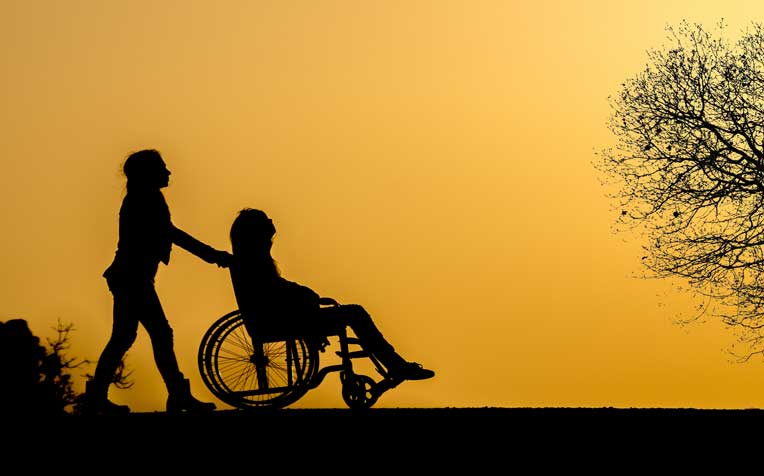HealthXchange will NEVER ask you to transfer money over a call. If in doubt, call the 24/7 ScamShield helpline at 1799, or visit the ScamShield website at www.scamshield.gov.sg.
Motor Neuron Disease Symptoms: Weakening Grip, Speech Loss and More

Motor neuron disease is a progressively degenerative disease.
What is motor neuron disease?
Lou Gehrig won six World Series titles with the New York Yankees and was described as “the game’s No. 1 batsman” by Time magazine. But in 1939, he noticed a steady decline in his strength – he was diagnosed with amyotrophic lateral sclerosis and died two years later. Now known as Lou Gehrig’s disease, amyotrophic lateral sclerosis is the most common of motor neuron diseases. It is also what world renowned scientist, Stephen Hawking, has been suffering from for the past five decades. Globally, an estimated 144,000 new cases of motor neuron disease have been reported each year.
In Singapore, an estimated 300 to 400 people suffer from it. Although it is commonly believed to affect older people, young people in their 20s can also get it, said Dr Ang Kexin, Consultant, Department of Neurology, National Neuroscience Institute (NNI), a member of the SingHealth group. Hawking is a prime example, having contracted the disease when he was barely 21.
The disease is progressively degenerative. Motor nerves (nerves involved in muscular stimulation and contraction) become damaged and eventually stop working. Like wires, these nerves carry (electrical impulses) between the brain and the body. Symptoms may start in one area of the body, and then spread to others.
Dr Ang said patients are concerned because the cause of the disease is unknown, and despite ongoing research, no cure is in sight. They also worry that it could be hereditary. “But only 5-10 per cent of cases are inherited, so it’s unlikely that patients will pass it on to their children.” The biggest concern is the progressive deterioration.
Symptoms of motor neuron disease:
- Hands and arms: The patient may notice a loss of strength in his hands and a weakening of his grip. He may drop things and find it difficult to turn keys or open bottle tops.
- Feet and legs: The patient may find it progressively difficult to climb stairs. He may suffer a weakening in the legs, causing him to drag his feet.
- Speech and swallowing: The patient may slowly lose his ability to speak and swallow. He may not be able to shout or sing, and his speech may become slurred.
- Breathing: The patient may develop breathing difficulties and find his sleep quality compromised.
Ref: O17
Contributed by
Related Articles
Conditions & Treatments
Public Events
Get the Health Buddy App
© 2025 SingHealth Group. All Rights Reserved.















 Get it on Google Play
Get it on Google Play